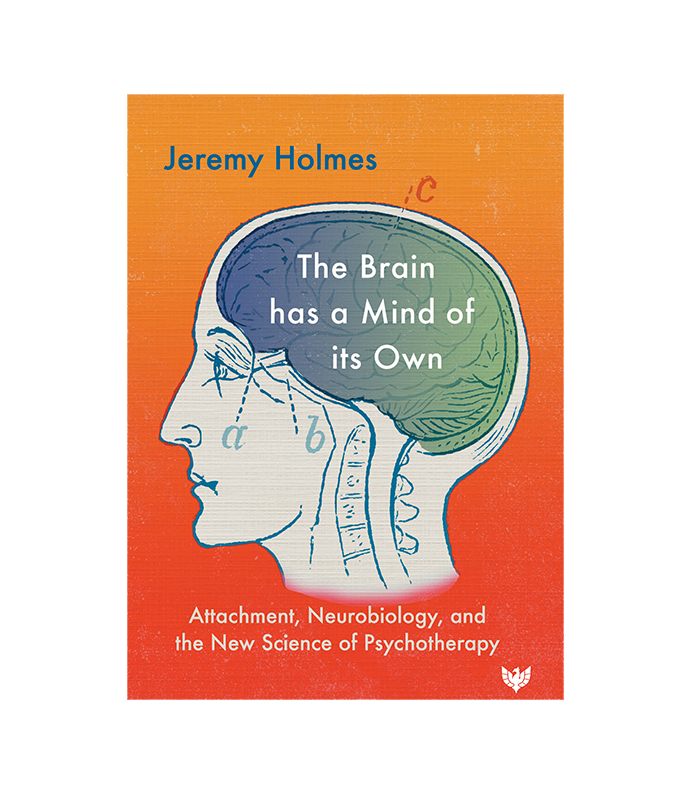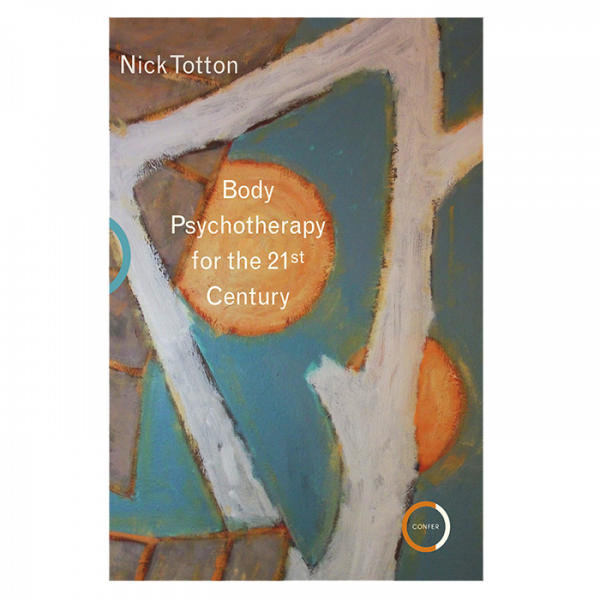Psychotherapy is a practice in search of a theory. Recent advances in relational neuroscience and attachment research now offer convincing avenues for understanding how the ‘talking cure’ helps clients recover. Drawing on Karl Friston’s Free Energy Principle and contemporary attachment theory this book shows how psychotherapy works.
This pioneering text provides a deep theoretical explanation for how psychotherapy helps sufferers overcome trauma, redress relationship difficulties and ameliorate depression. Neuroscience validates the psychoanalytic principles of establishing a trusting therapeutic secure base: using ambiguity to bring pre-formed assumptions into view for revision; dream analysis, free association and playfulness in extending clients’ repertoire of narratives for meeting life’s vicissitudes; and re-starting the capacity to learn from experience. Holmes demonstrates how psychotherapy works at a neuroscientific level, making complex ideas vivid and comprehensible for a wide readership.






Tamar Posner –
‘The meticulous research that has gone into this book and the clarity with which the concepts are expressed generated a feeling in me that what I had been reading was meaningful, important, and did indeed support the statement Holmes makes on the first page that “psychoanalysis still has much to contribute to our understanding of what it is to be human”.’
Gwen Adshead –
‘Professor Holmes is doing something important here, which is to bring psychoanalysis up to date in the light of what is now known about how brains grow and change in complexity across the life span and in different environments and situations. […] Jeremy Holmes has worked in the field of complex relational psychopathology for over thirty years and his experience and compassion shines through and illuminates theories that are not easy to follow. I liked this book before it was published and I like it now.’